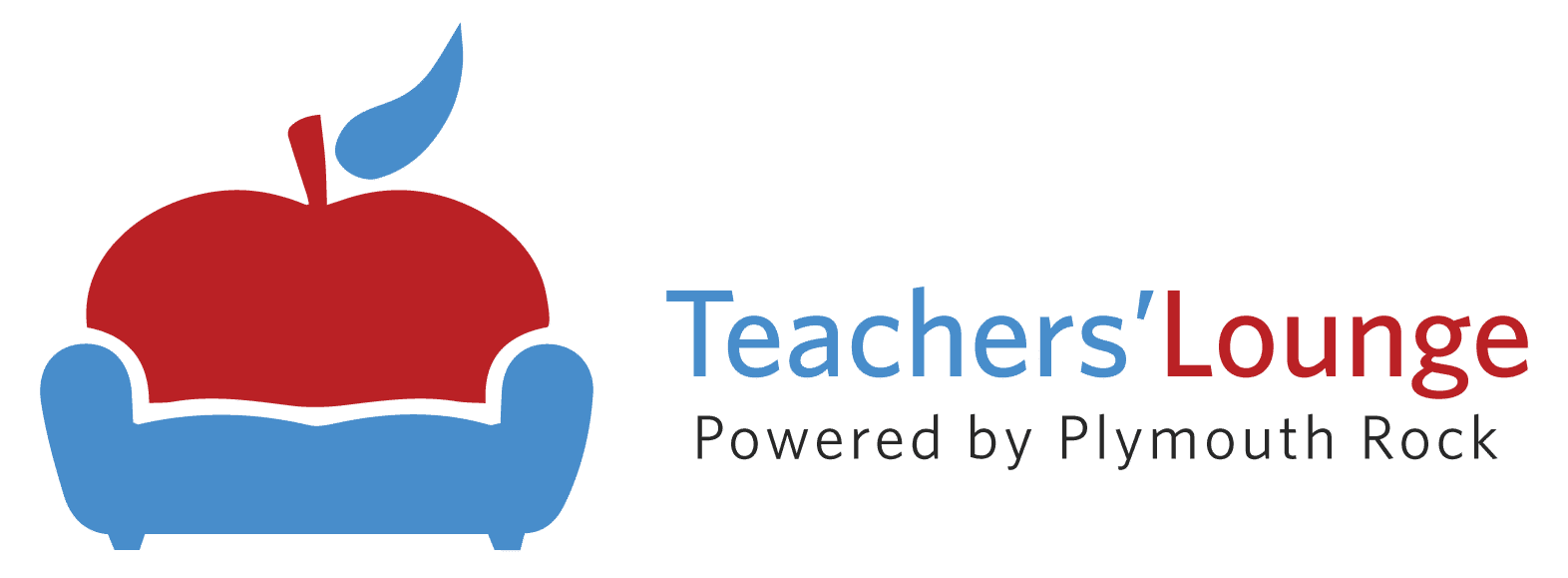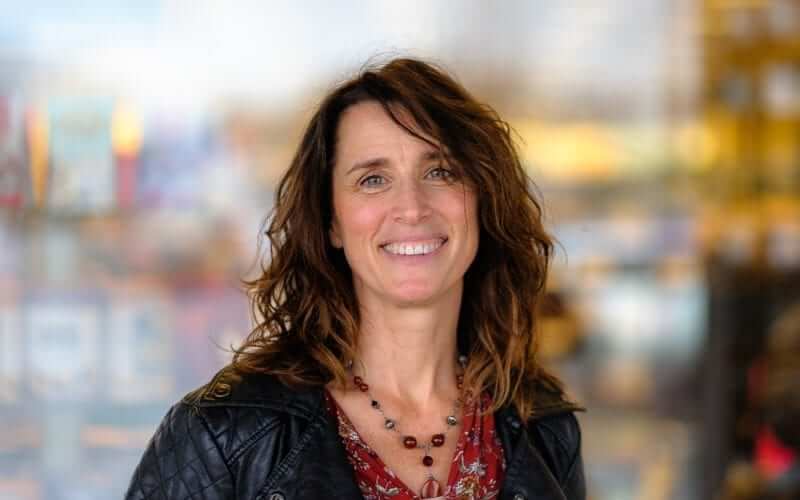NJ Teachers’ Lounge is excited to continue its Teachers of New Jersey series in 2018. This editorial series is curated by photojournalist, Gregory Andrus, creator of the social media series, Portraits of the Jersey Shore. These stories highlight the joys, struggles, and personal reflections that surround being a teacher.
“I teach English, AP Literature, and Film as Art courses. The courses I teach are designed to meet the students where they are; to engage them with the questions they have about life. One of the ways I look at my classes is to explore questions. Art is here certainly to inspire us, but also here to direct us and help us evaluate who we are as people.”
“I do not direct the students in the discussions of the texts they read. Every student will have a unique response. What they experience and what they perceive when they read will be different from what another student experiences and perceives, and no two classes I teach are the same. Art is a conduit to humanity and empathy, but especially literature.”
“The most difficult time in my teaching career was at the height of the mania for standardized testing. Standardized testing in and of itself is not evil. It’s a controlled way of measuring student understanding and skill level. It’s a tool. The problem is when that tool becomes a weapon to further educational agendas and trends.”
“One of the most challenging times for educators, like myself, was a few years ago at the height of the PARCC mania. There were skill drills to prepare for quarterly tests, to prepare for benchmark tests, to prepare for state tests. Actual course content was sacrificed in order to practice how to take tests. The focus was on data collection, not student learning. The immediate result was a severe spike in stress among the faculty and students. The longer term effect was worse. Students became accustomed to Scantrons and shut down during class discussion. I spoke out against it, and let’s just say it was not well received at the time.”
“How do you measure student learning in the humanities? The same as in other disciplines. It hasn’t changed much: homework and reading checks and writing responses. But the humanities (literature specifically) explores human nature, and human nature is non-quantifiable. This is exactly what frustrates data collectors and so-called education reformers: you can’t quantify the non-quantifiable. Human nature is complex, ambiguous, contradictory. My goal is always to cultivate an environment where students can be comfortable with what can’t always be measured. A place where they can exchange ideas, express values, adjust perspectives, and realize their individual worth. And that happens in class discussion. You can’t measure that. You cultivate that.”






